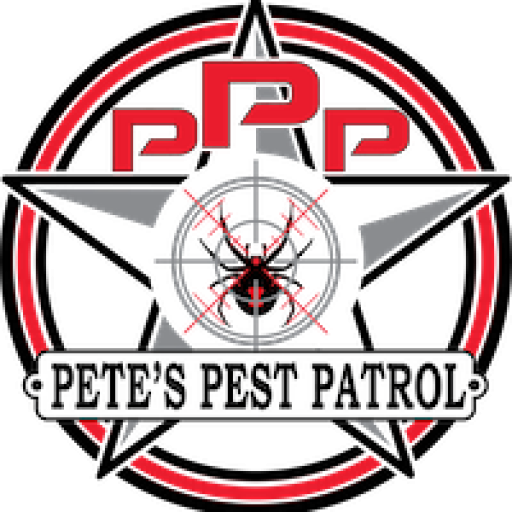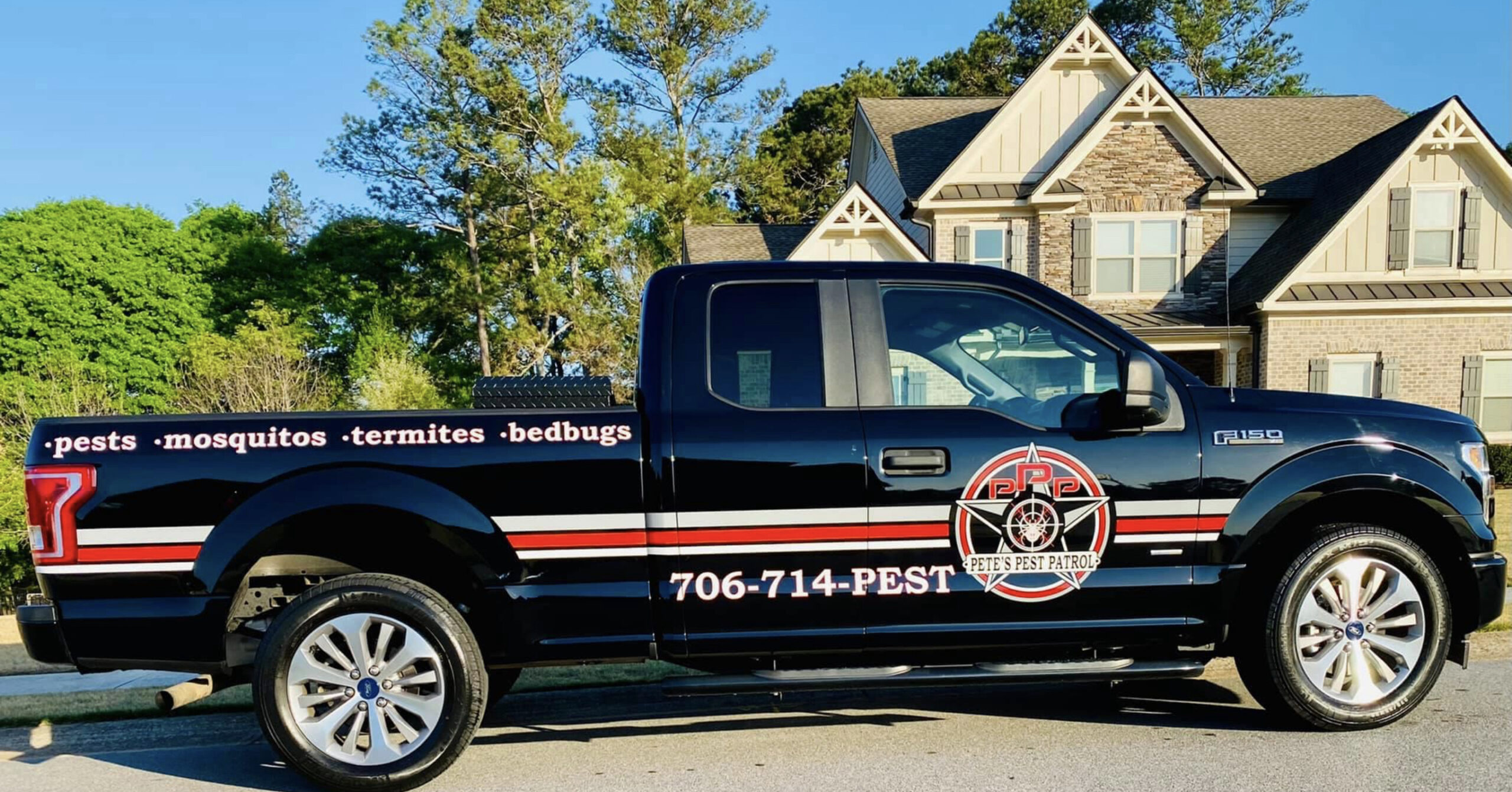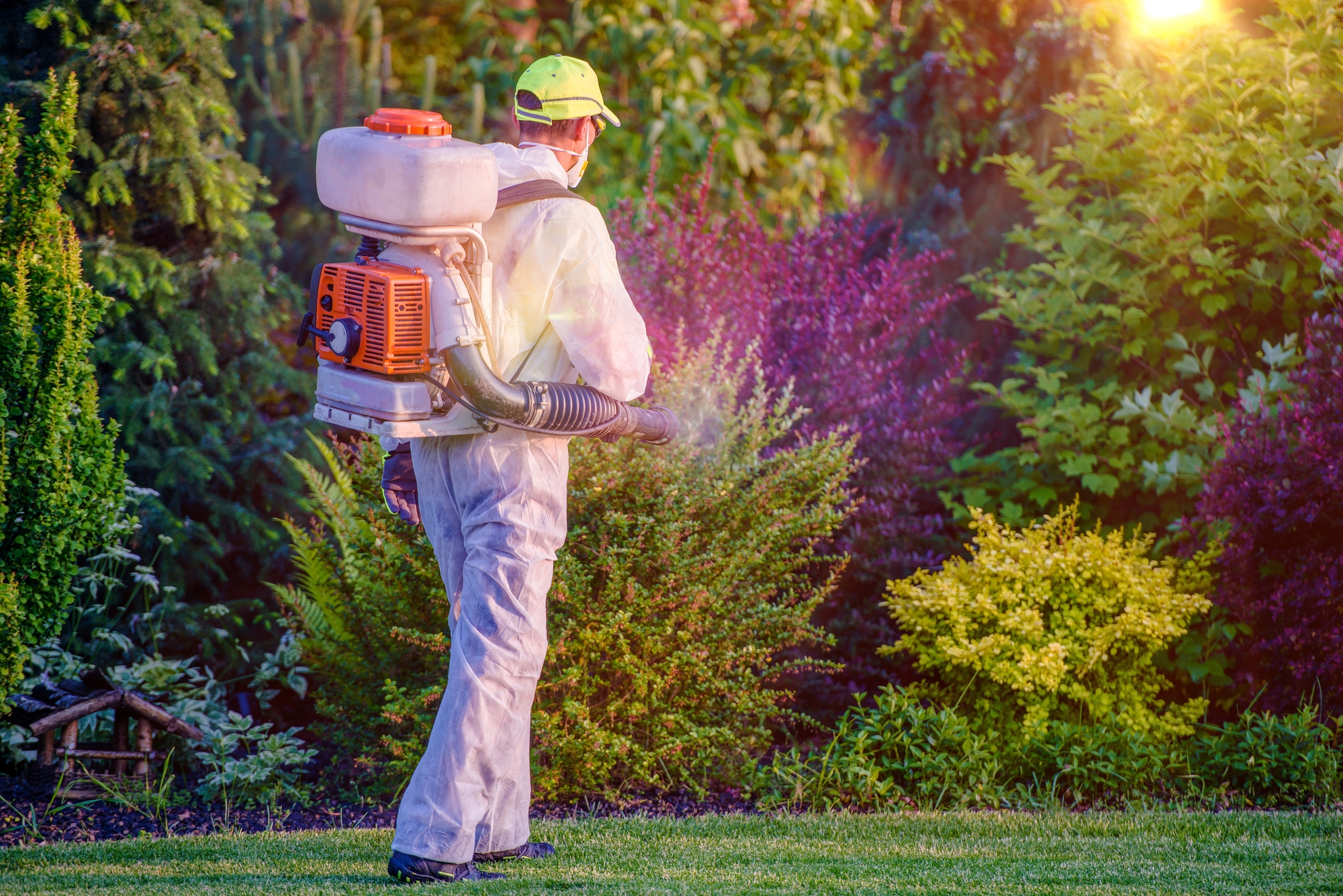
Clear Facts For Your Home And Planet
What are the Environmental Impacts of Using Pesticides?
Pesticides work, but they can hurt more than bugs. The environmental impact of pesticides shows up in soil, air, and water. Tiny shifts add up fast.
So, what are the environmental impacts a homeowner should watch for? The impacts of pesticide use can change how insects, birds, and microbes interact. That can weaken natural defenses.
Our goal is to control pests without a negative impact on local ecosystems. Smart choices protect your family and the land you love.
Breaking The Science Into Plain Talk
What Are the Environmental Impacts? The Effects of Pesticide Use
The effects of pesticide use often start with target organisms but ripple outward. When sprays drift, non-target insects and pets get hit too. That creates avoidable harm.
Pesticide residues can move through soil and surface water. They reach streams, then fish, then people. That chain matters.
These adverse effects may be small at first. Over time, they stack up and become real health risk factors for neighborhoods.
- Unintended Harm: Indiscriminate pesticide application can harm non-target organisms, including beneficial insects, wildlife, and aquatic life. These unintended victims can suffer population declines or even extinction, disrupting ecosystems.
- Contamination Concerns: Pesticides can leach into the soil and runoff into water bodies, leading to water and soil contamination. This contamination can harm aquatic ecosystems, contaminate drinking water sources, and damage agricultural lands.
Our Approach
We recognize the need for responsible pesticide application. Our experts are trained to use pesticides judiciously, employing targeted methods that minimize harm to non-target species and the environment.
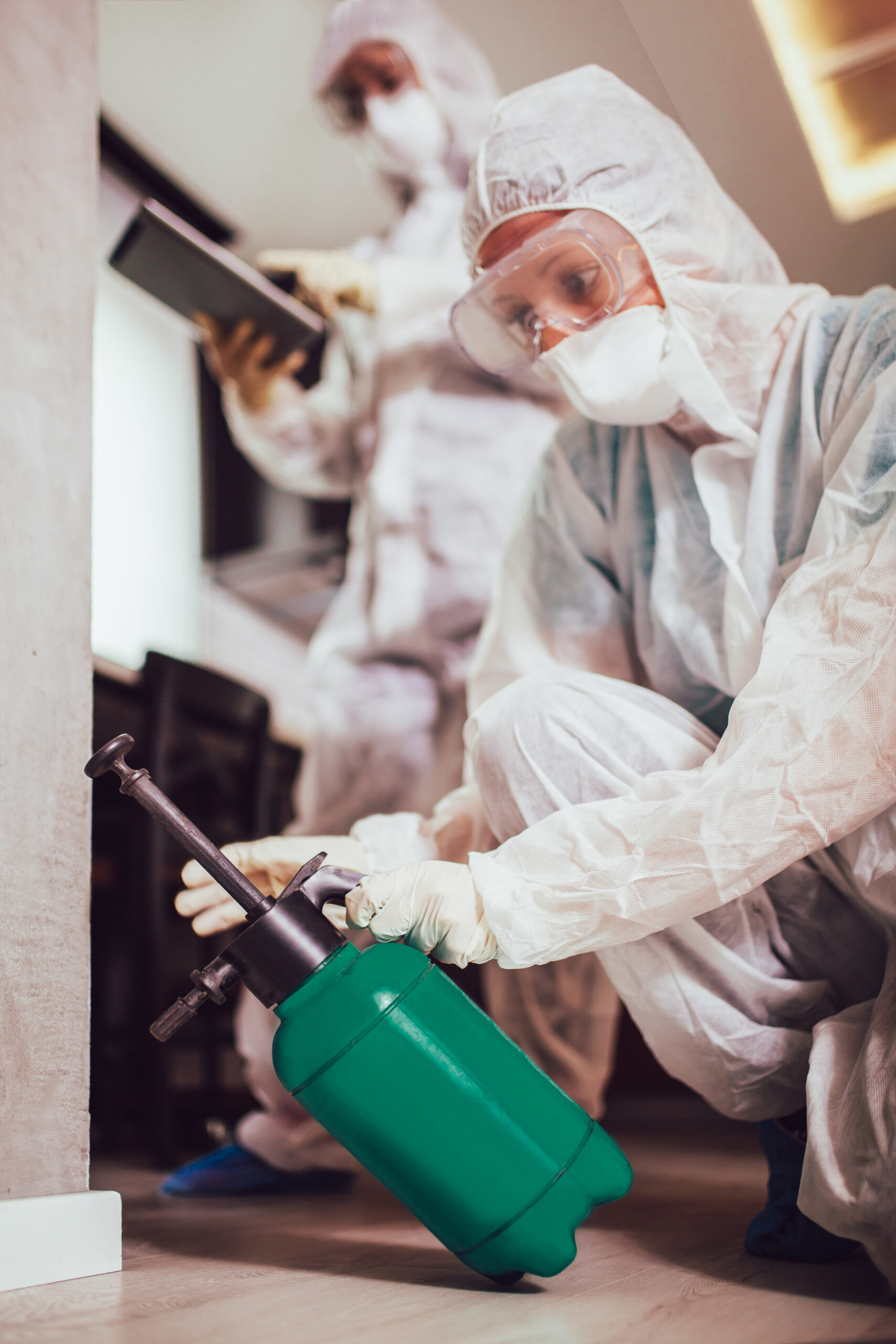
Why Precision Matters
Pesticide Residues & Target Organisms – Small Dose, Big Damage
Residues stick around on walls, toys, and plants. Even a thin film can bother pets or kids. Careful application lowers that risk.
Target organisms are the pests we aim at. But sprays don’t always stop there. Bees, worms, and birds can also suffer.
We choose methods that hit pests hard and skip helpers. Less spill, fewer regrets, better results.
Biodiversity Conservation
Biodiversity is essential for a healthy planet. Pete’s Pest Patrol takes pride in playing a role in preserving biodiversity through responsible pest management practices.
- Protecting Habitats: Invasive pests can disrupt local ecosystems by outcompeting native species and damaging their habitats. By managing invasive species, we help protect the delicate balance of local flora and fauna.
- Preventing Disruption: Invasive pests can lead to cascading ecological effects, altering entire ecosystems. Our pest control strategies prioritize preventing such disruptions.
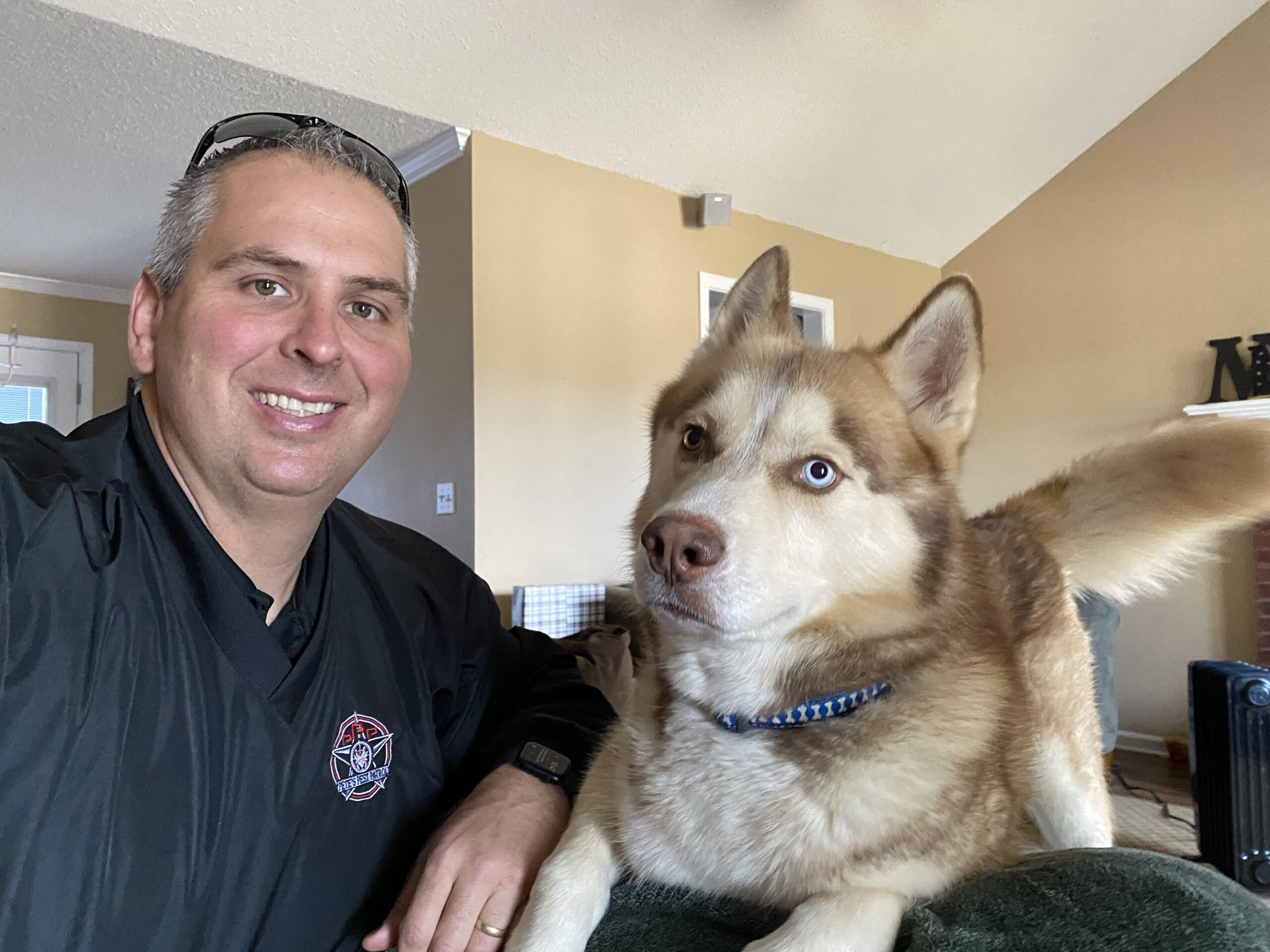

Impacts on Human Health & Health Risk From Pesticide Exposure
Pesticide exposure can irritate skin, lungs, and eyes. Long-term contact may raise bigger concerns. Impacts on human health need to be carefully considered.
Some pesticides include solvents and additives you cannot see or smell. That makes label reading and pro guidance important.
We reduce contact points, ventilate well, and follow timing rules. Simple steps cut harmful effects without losing power.

Where Chemicals Travel After You Spray
Surface Water, Soil, and the Food Chain
Rain can wash chemicals into surface water. Fish and frogs get the first hit. Then the food chain passes it along.
Soil life breaks down waste and feeds plants. Extra toxins slow that process. Plant growth can suffer.
By sealing cracks and using baits, we keep products in place. Less drift means fewer surprises downstream.
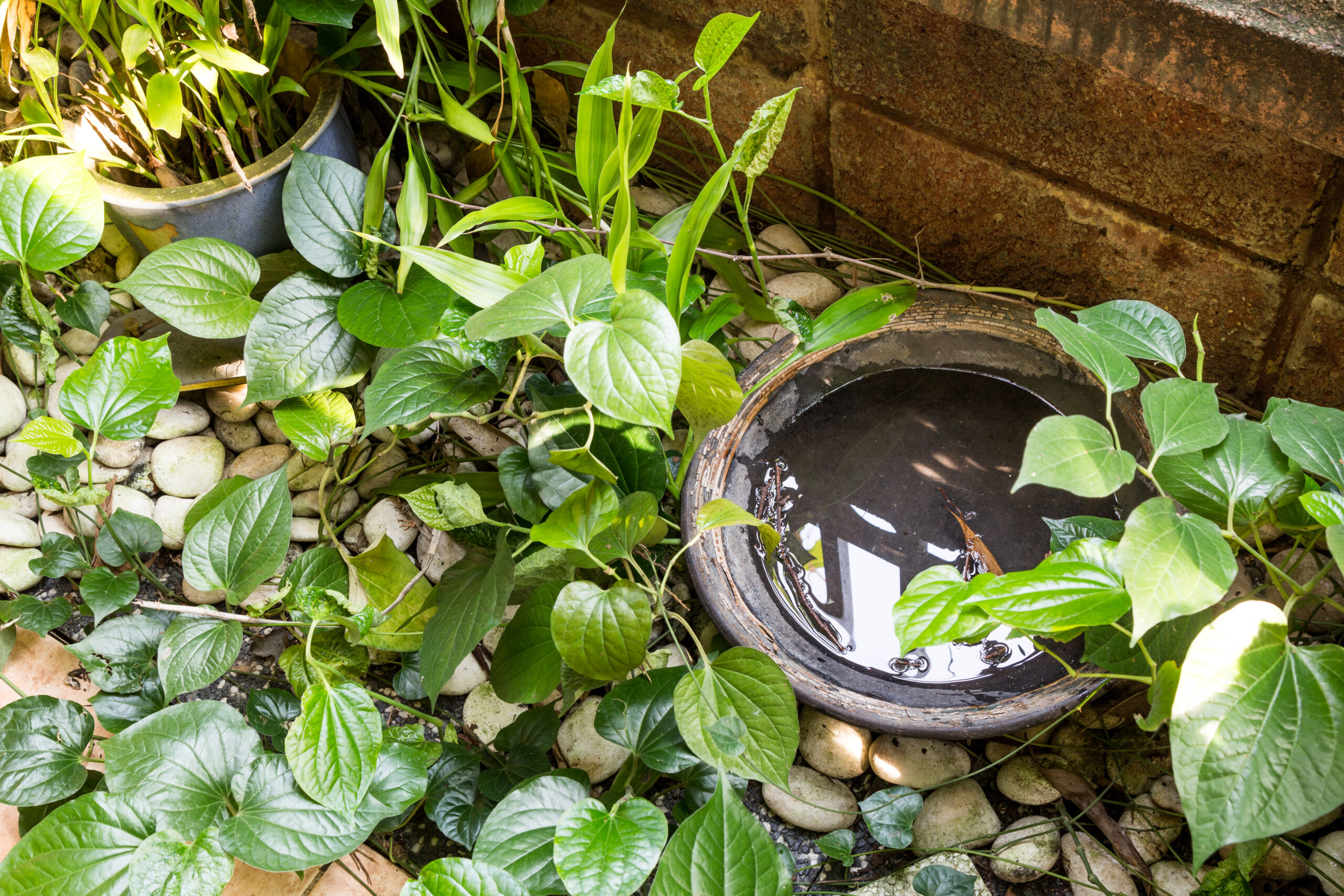
Why Farms And Gardens Care
Plant Growth, Crop Yields, and Agricultural Products
Farmers rely on pest control to protect crop yields. But overuse can backfire. Roots, leaves, and soil biology take the hit.
Agricultural products enter your kitchen. Pesticide residues don’t belong on dinner plates. Smart timing and washing help.
We look for options that support healthy plant growth. Strong plants resist pests better, so we can spray less.
Integrated Pest Management (IPM)
IPM is at the core of our eco-friendly pest control approach. It’s a holistic strategy that minimizes the environmental impact of pest control.
- Natural Alternatives: IPM encourages using natural alternatives, such as biological control, habitat modification, and mechanical pest removal, before resorting to chemical pesticides.
- Minimizing Chemical Use: We follow IPM principles to reduce the need for chemical pesticides. When we do use them, we choose the least toxic options and apply them sparingly.
Synthetic Pesticides vs. Integrated Pest Management (IPM)
Synthetic pesticides act fast, but they can cause collateral damage. Integrated pest management IPM blends prevention, monitoring, and spot treatments.
IPM starts with simple fixes: clean-up, sealing, and habitat changes. Chemicals come last, not first.
This mix protects target organisms we want to keep, like pollinators. It still lets us control pests effectively.
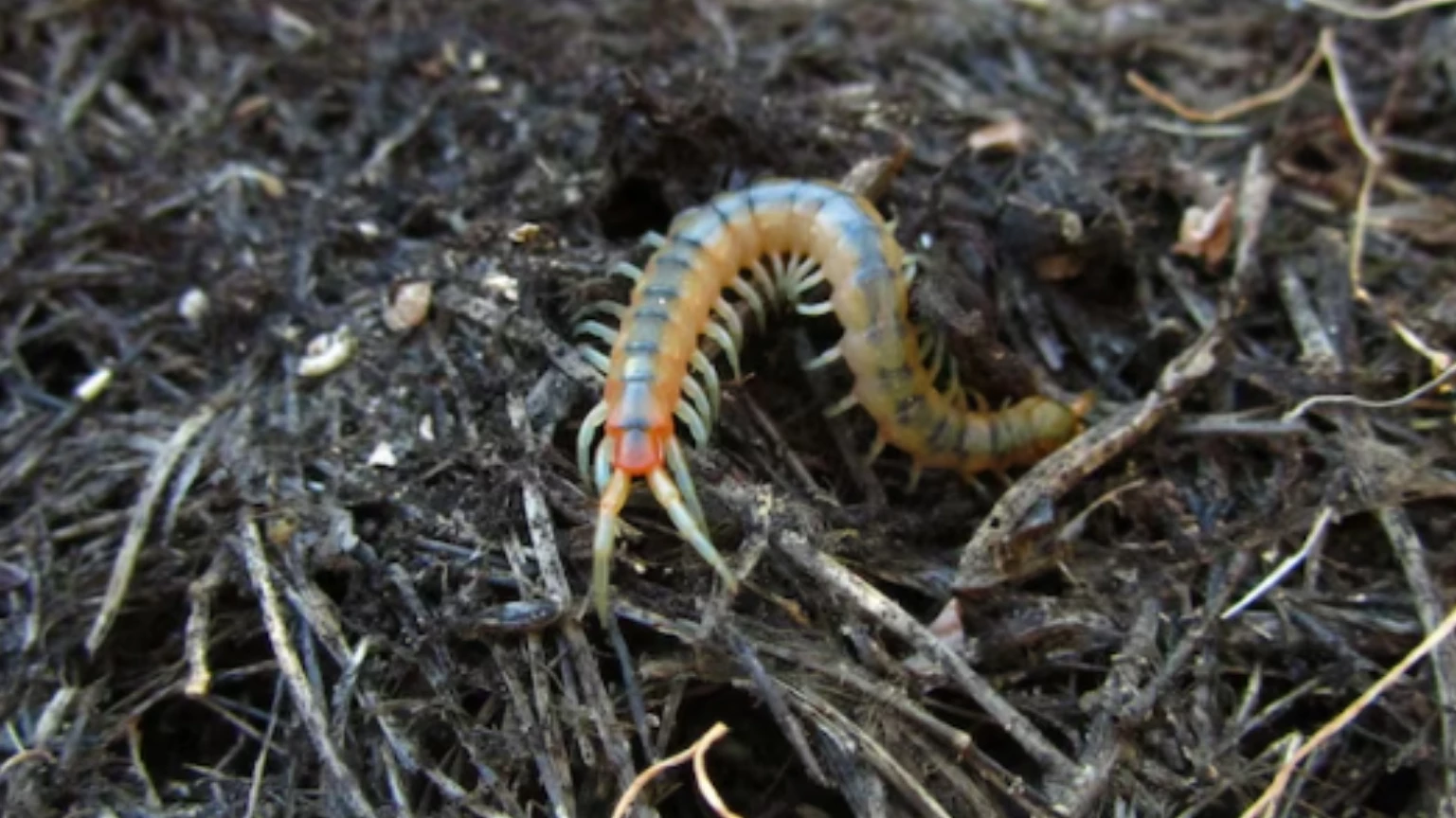
Eco-Friendly Pest Control Solutions
There are plenty of eco-friendly pest control solutions available that not only effectively eliminate pests, but also minimize harm to the environment.
Natural Repellents
Natural repellents like peppermint oil, eucalyptus oil, vinegar, garlic, and neem oil are effective for keeping pests away. They are safe, multi-purpose solutions, with options like vinegar doubling as a natural disinfectant.
Maintain Cleanliness
Maintain a clean space to support eco-friendly pest control. Regularly sweep floors, wipe surfaces, and store food in airtight containers to reduce clutter and eliminate pest attractions while improving overall cleanliness.
Beneficial Insects
Some insects, like ladybugs, praying mantises, lacewings, and parasitic wasps, naturally control pests in an eco-friendly way. These beneficial bugs can be introduced to your garden to manage pests without harmful chemicals.
Biological Control
Biological control uses natural methods, like predators or parasites, to manage pests. For example, nematodes target harmful insects in soil, and attracting birds to your yard can help control common pests.
Repellents and Traps
Eco-friendly pest control options include natural repellents and traps that are safe for the environment. Repellents often use essential oils like peppermint, citronella, or eucalyptus to deter pests, while DIY traps, such as jars with soapy water or vinegar and sugar mixtures, can effectively catch pests without harm. These solutions are non-toxic and environmentally friendly.

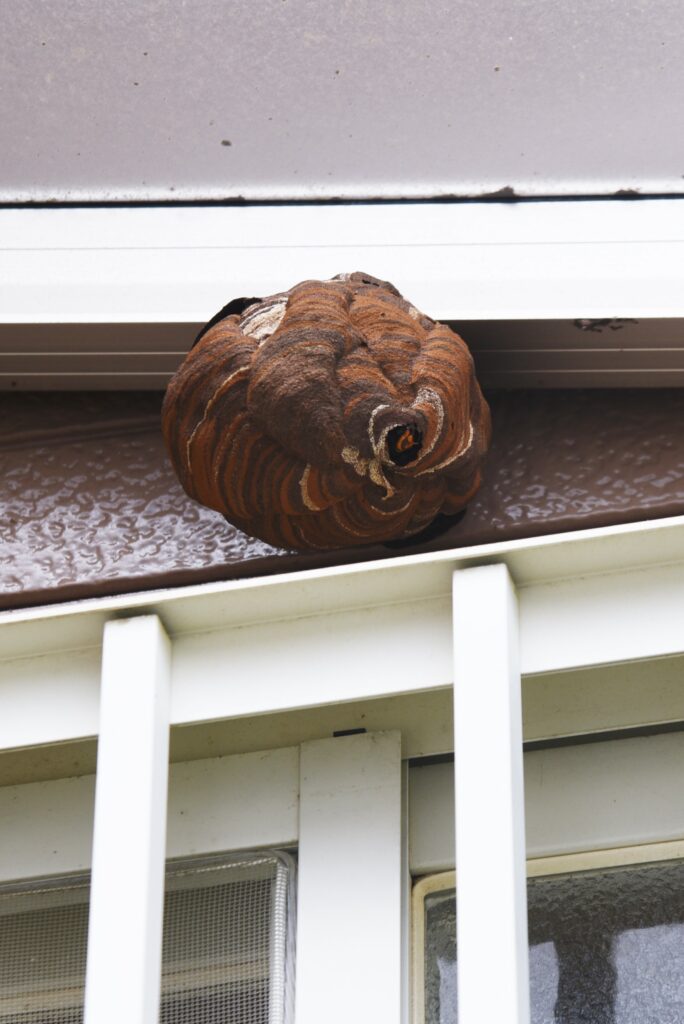
How We Control Pests Without Collateral Damage
Pest control is more than spray-and-go. We start by finding out why pests came. Remove food, fix leaks, and you remove the welcome sign.
Then we attack the source. Baits, dusts, and targeted gels stay where they should. They control pests without fogging your whole home.
Follow-ups matter. We adjust as needed and prevent repeat invasions.
Understanding Every Product Type
Pesticides Include More Than Sprays – Know What’s Used
Pesticides include baits, dusts, growth regulators, and even heat. Each tool works differently. Knowing that helps you ask better questions.
Some products are gentle on people but rough on bugs. Others hit fast but need careful handling. We match the method to the job.
Clear labels, measured doses, and safe storage cut risk. You deserve to know what is in your home.
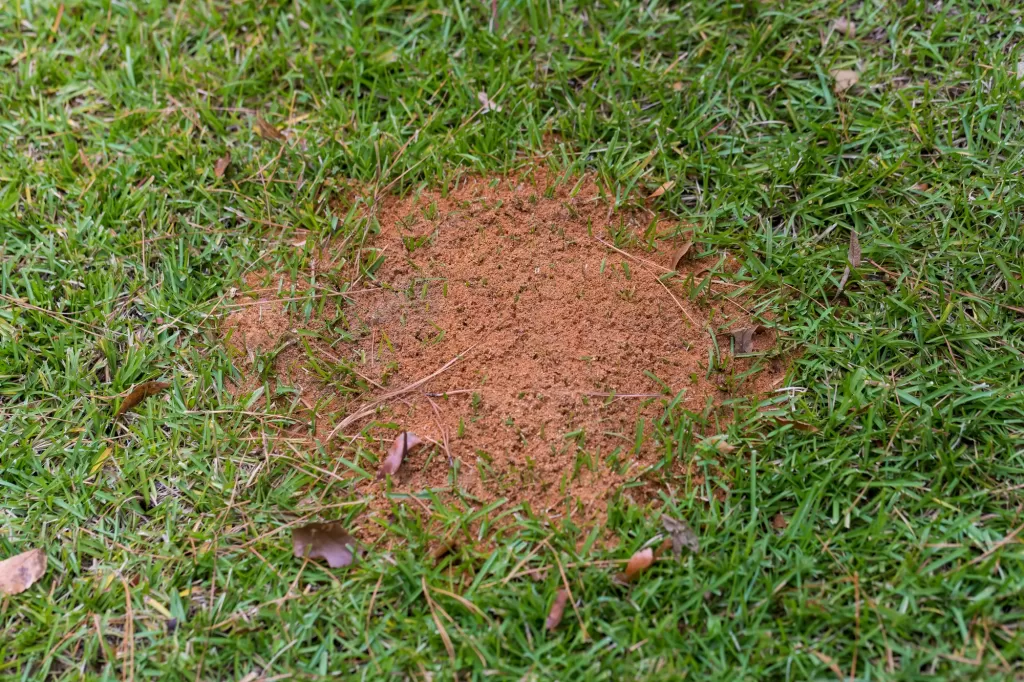
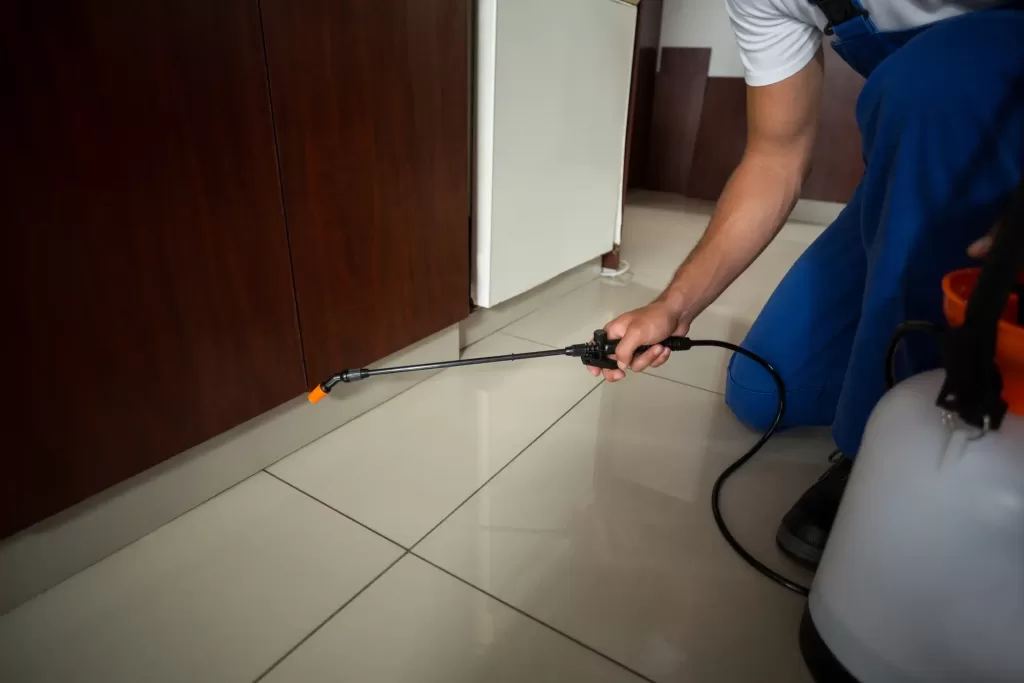
Managing Pesticide Exposure Indoors & Out
You can lower exposure with simple steps. Cover toys, move pets, and wait the right time before re-entry.
Outdoors, wind and rain matter. We schedule services to avoid drift and runoff. Timing saves trouble.
We’ll show you prep and aftercare steps. Teamwork keeps everyone safer.
Your Right To Clear Info
Reading Labels, Knowing Laws, and Asking Better Questions
Labels list target organisms, dangers, and first aid. Read them. Ask us if anything is unclear.
Laws guide how, when, and where we apply products. Licensing proves your tech knows the rules.
Good pest control services welcome questions. Your trust grows when you understand the plan.
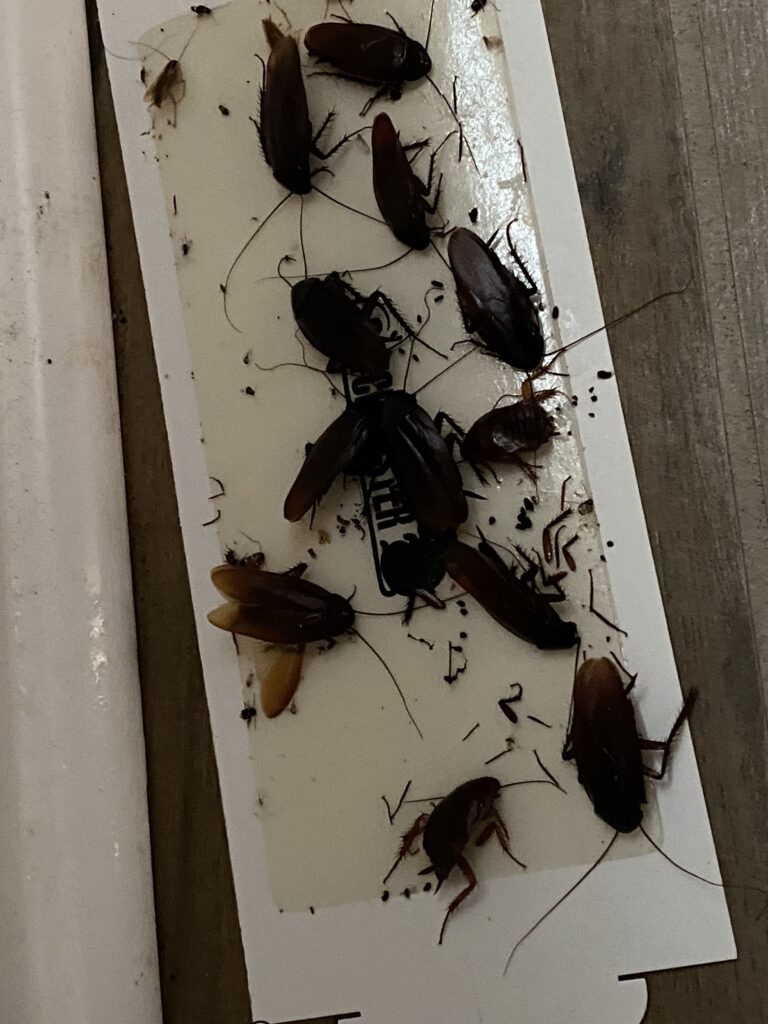
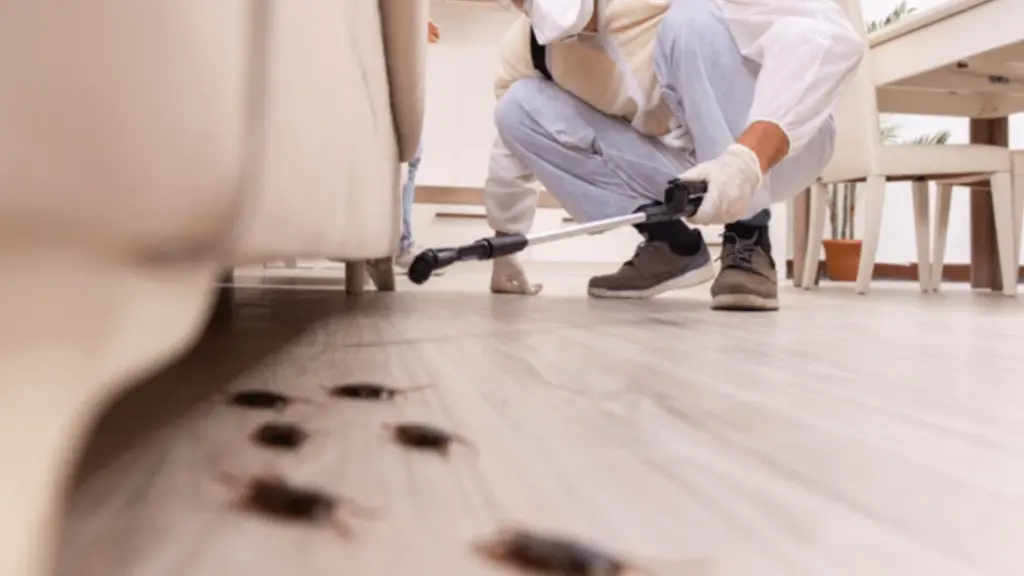
Reducing the Impacts of Pesticides with Smarter Choices
The impacts of pesticides don’t have to be huge. Smaller doses and better timing help. So does IPM.
We choose spot treatments over blanket sprays. That limits spread and protects helpers.
Step by step, you cut risk and keep control. Safer homes, stronger ecosystems – that’s the goal.
Choose Pete’s Pest Patrol for Safer Pest Control – Call Today!
You want results without regret. Pete’s Pest Patrol delivers eco-smart pest control services that work. We treat the problem and protect what matters.
Our Athens team follows integrated pest management IPM to limit harmful effects. We guard your family, pets, and property first. Then we control pests with care.
Ready to act? Contact Pete’s Pest Patrol today. Let the best local team handle the job right away.
